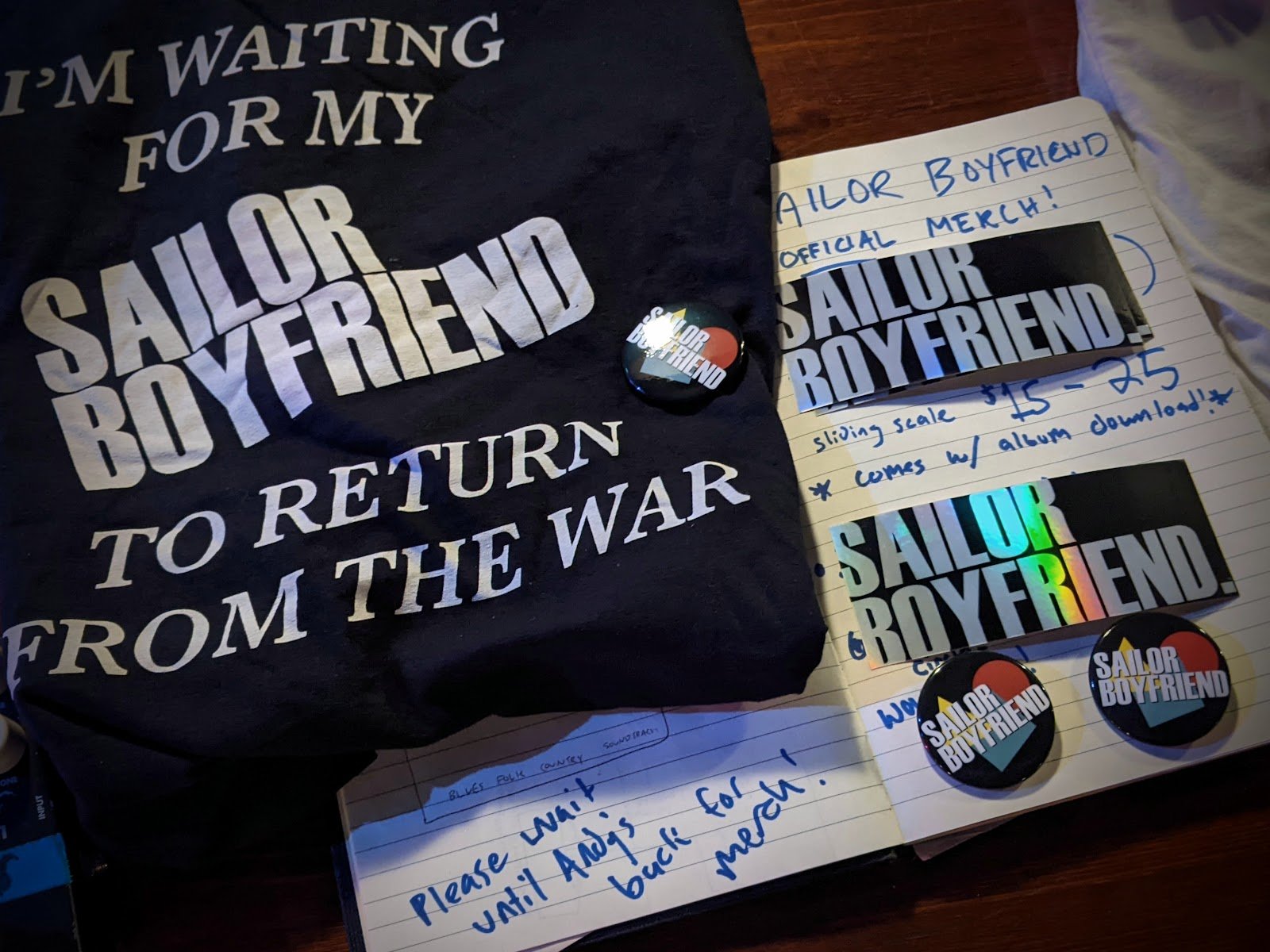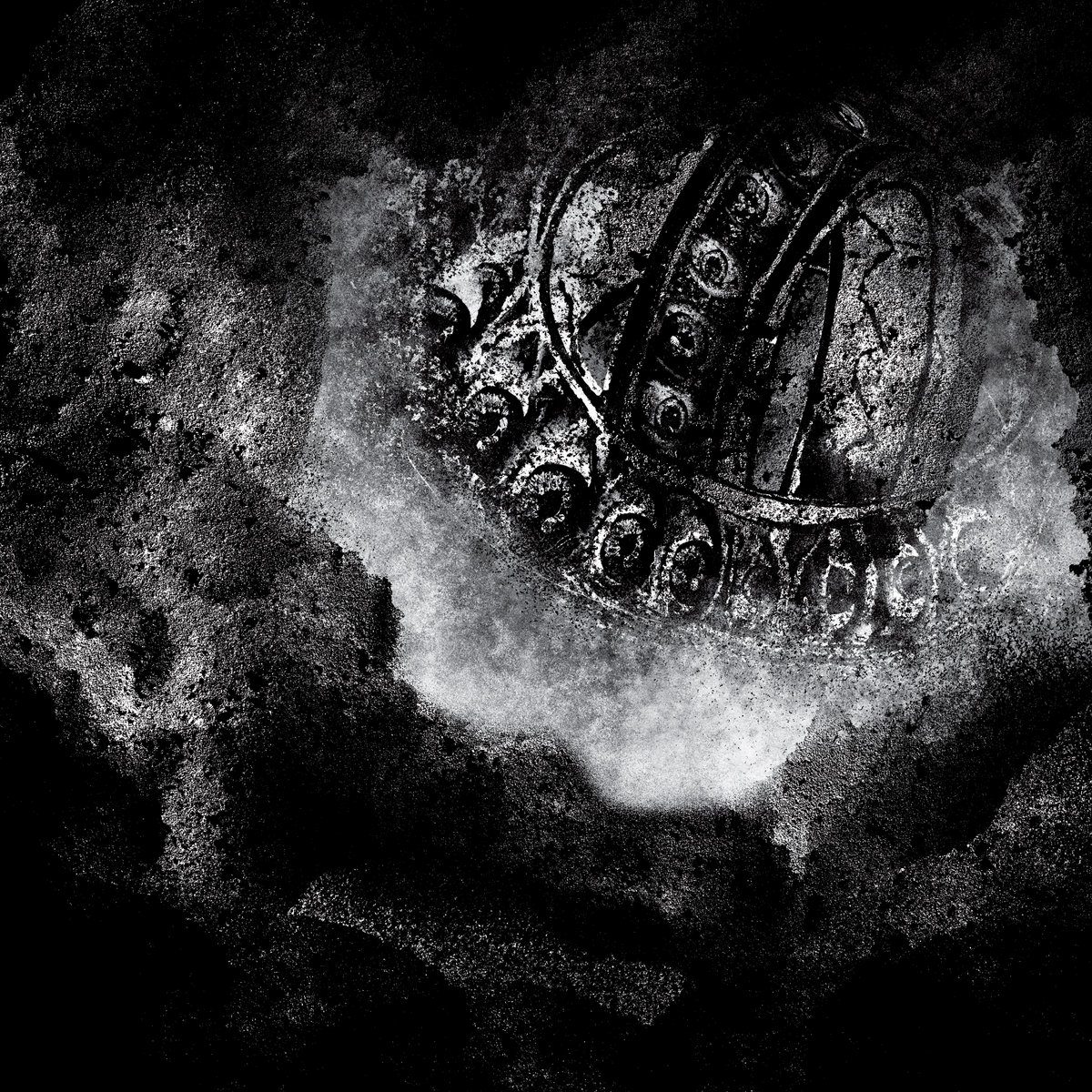Hater's Delight – March 2023
/We’ve reached the end of March. Or, as I (a guy with a music blog) like to call it, “the end of Q1.” *pushes glasses up nose* That means this month, we’ve been treated to clumsy attempts at “important” albums from big-name indie acts, tasteless tour announcements from talentless hacks, and desperate swings from pop stars for an early bid at the “song of the summer.” In short, there has been no shortage of things to hate, but hey, at least the year is a quarter over, right?
If you’re joining us for the first time, Hater’s Delight is a micro-review column brought to you by our team of Swim Into The Sound writers and a guest or two. This is a space where we can vent about the things online and in music that have gotten under our skin this past month. Each writer gets a paragraph or two to bitch about their chosen topic, then once we expel the Haterade from our systems, we all go back to loving music and enjoying art. Speaking of which, if you’re more in the mood for some positivity, here’s a playlist of all this month’s new releases that I enjoyed (or at least found notable) to help you keep up on everything that’s happened in March.
Now, let’s drive a stake into the heart of March with another edition of Hater’s Delight.
“Mother” by Meghan Trainor
I was reluctant to write about Meghan Trainor’s new song since it’s the easiest possible target, and everyone on my timeline has already torn it to shreds, but I can’t get it off my mind. With every second I listened, I kept thinking, “This can’t possibly get any worse,” and then, somehow, it would. Meghan’s really hit all her bases with this one: a clumsy and utterly sexless attempt at 2010s-era horny girlboss pop, TJ Maxx spring sale commercial production, the word “mansplaining” sung in a white lady riff, vague gesturing towards a possible Oedipal complex, a Mr. Sandman interpolation straight out of the Leah Kate school of songwriting, “You Need To Calm Down”-levels of shameless LGBTQ pandering (though I guess Meghan didn’t have the budget to hire RuPaul or Ellen Degeneres or anyone else from the Middle America-approved list of people who come up when you Google “gay celebrities,” so she had to settle for having two random twinks pop up in the background at the end of every line like Oompa Loompas).
“Mother” is a once-in-a-lifetime dud, a perfect storm of horribleness that’s frankly impressive. It’s not easy to make a good pop song, but it’s also not easy to make a pop song that sucks this bad. It’s almost inspiring to see someone flop so spectacularly, I kinda gotta hand it to her.
Grace Robins-Somerville – @grace_roso
Donn’t Namee Youur Bannd Liike Thiss
As a longtime metalhead, I’m used to the best bands of the genre forgoing conventional spelling. Kreator, Megadeth, Mötley Crüe, the list goes on. Even going back to two of the biggest bands of all time, The Beatles and Led Zeppelin, improper spelling in rock’n’roll is canon at this point. But there’s a new trend I’m seeing more and more lately that I just don’t understand: adding extras of the same letter where one is not needed. Caamp, Miirrors, Siiickbrain, Slayyyter. I thought we were past this with Miike Snow and Wavves. Run For Cover Records has TWO current signees in this vein, Lannds and Runnner (seriously, how many N’s does this label need?). Both are relatively inoffensive bands musically but frustrating to Google or to recommend. All these bands have to live with their word-of-mouth promotion having a qualifier, “but with (x amount of letters) instead of the usual amount.” Seems counterproductive. While we’re at it, no more family band names (I’m looking at you, Great Grandpa and Grandson).
Logan Archer Mounts – @VERTICALCOFFIN
LEAVE PINKPANTHERESS ALONE
I’d like to preface this by saying that I’m old. I’m turning 30 this year, and PinkPantheress as an entity has only entered my life recently with the inescapable Ice Spice-assisted “Boys a liar Pt. 2” From what I understand, she’s a buzzy bedroom pop artist who blew up on TikTok thanks to her image, occasionally catchy tunes, and reverence for late-90s and early 2000s aesthetics. A few weeks ago, a tweet showcasing a particularly unenthusiastic PinkPantheress performance went viral. First off, she was (allegedly) paid just $250 for the concert. That’s issue number one, fuck SXSW, how little they pay artists, how they let the literal feds into attendance, and their lack of oversight allows creeps to run wild. But I’d like to talk specifically about people criticizing PinkPantheress for a litany of petty grievances. “She had her purse on her during the performance!” Gimmie a break. “She used a backing track!” So does every other pop star. Most egregious was the criticism that “she’s giving us nothing,” to which I say go back and watch that video… the CROWD was giving her nothing. She’s performing a song with nearly 300 million streams on Spotify, and I don’t see a single person moving. How’s an artist expected to give a decent performance when every single attendee in the audience is motionless, staring at their phone, trying to capture the moment for their own social media account? This is neither a defense of PinkPantheress nor a condemnation of SXSW; this is saying if me saying if you are a shitty crowd, you can’t give the artist too much shit for doing the bare minimum. Dance, bob your head, and move around. Be better.
Taylor Grimes – @GeorgeTaylorG
Missed Opportunities - U2’s Songs of Surrender
U2 are a pillar of my musical identity. They were the first concert I went to. All That You Can’t Leave Behind was one of the first CDs I remember buying. Hell, I even took a class about them during my freshman year of college. I haven’t liked much of their output since No Line on the Horizon (it’s a good album, fight me), but I was intrigued when I heard they were releasing Songs of Surrender, a compilation of reinterpretations from their catalog. I thought it had the potential to have a ceiling of being really cool and a floor of being interesting. I was wrong. Songs of Surrender is neither of these things. Songs of Surrender is deeply boring. All forty songs are relatively stripped down, presented as Tiny-Desk-core singalongs. For some of the tracks, this would be a natural reimagination; think “Who’s Gonna Ride Your Wild Horses” and “Stay (Faraway, So Close!),” but when each song is in this style, it loses effect rapidly. Bono also does that thing he does in concert, where he adds new lyrics that (to him) might seem profound but mostly come off as wincingly embarrassing. I’m not sure if I’m disappointed in Bono and the boys or if I’m disappointed in myself for getting my hopes up. If you need me, I’ll be listening to my Zooropa CD in my car.
Connor Fitzpatrick – @cultofcondor
It’s A “Good Time” To End This Whole Indie Sleaze Revival Thing
I wasn’t always so against this attempted revival of the manufactured indie sleaze movement. Crystal Castles were one of the first “indie” acts I ever got into, and I love plenty of music from LCD Soundsystem, The Rapture, and Interpol, bands/artists from the early 2000s NY scene that have largely inspired where we’re currently at. But upon hearing The Dare’s “Girls” too many times at cramped bars and venue PA systems, I had enough of this fucking guy. His smug aura mocked me. But now it looks like the major labels are placing their bets on this indie sleaze revival, with The Dare being their top prospect with his signing to UMG and the release of his follow-up single “Good Time,” which is actually, in fact, a bad time! While the lyrical content of “Girls” was groan-worthy, at least there was a solid tune behind it. But “Good Time” is uninspired, as it so clearly tries to bite from Peaches’ “Fuck The Pain Away” but squeezes every bit of charm that song has. It could be worse though, as we’ll see if the industry tries to make Blaketheman1000 happen for real. Now that’s a truly untalented hack!
Matty Monroe – @MonrovianPrince
Using the Merch Table When the Band Isn’t There
More and more music workers are taking the opportunity to advocate for ourselves at gigs; we’re meeting the moment with reasonable requests, some relational, some systematic, all hand-in-hand with an appreciation of connecting in our shared meatspace again after years of the virtual. Here’s my lil’ addition, a pet peeve, to the choir, typed out between stops on my first post-lockdown run of shows: Please wait until I get back to the merch table before you buy my merch.
I really, really, love that you want to directly support me and bring home a token of a night we shared. It’s a small miracle! However, finding a few dollars underneath the sign that says, “Please wait until Andy’s back for merch!” or getting an unexpected Venmo notification while loading out, only to come back and find a shirt missing, rubs me the wrong way. At its most forgiving, it’s an “Oh, sorry, I wanted to grab a button, and you weren’t there” kinda deal. At its most cynical, it can become a slight, cold reminder of our transactional relationship.
Even barring the fact that I’m more conscious than ever of how touring finances move, it’s preventing an invaluable conversation that has become rarer in these pandemic times: a minute or two where you and I, across a [always… sticky??] table filled with stickers and Sharpie-written, “pay what you can” dollar amounts, get to push air – sure, from behind an N95 or two – and shape it into the form of “Thank you for stopping by!!!”
In other words, in-person networking. Just kidding. Haha ha.
Please… don’t fall into the trappings of an anonymous consumer. Let me know you’re here with me, and I’ll do the same for you. Or, at the very least, give me a heads-up before you grab a size large, black tee.
Andy Waldron – @ndyjwaldron













